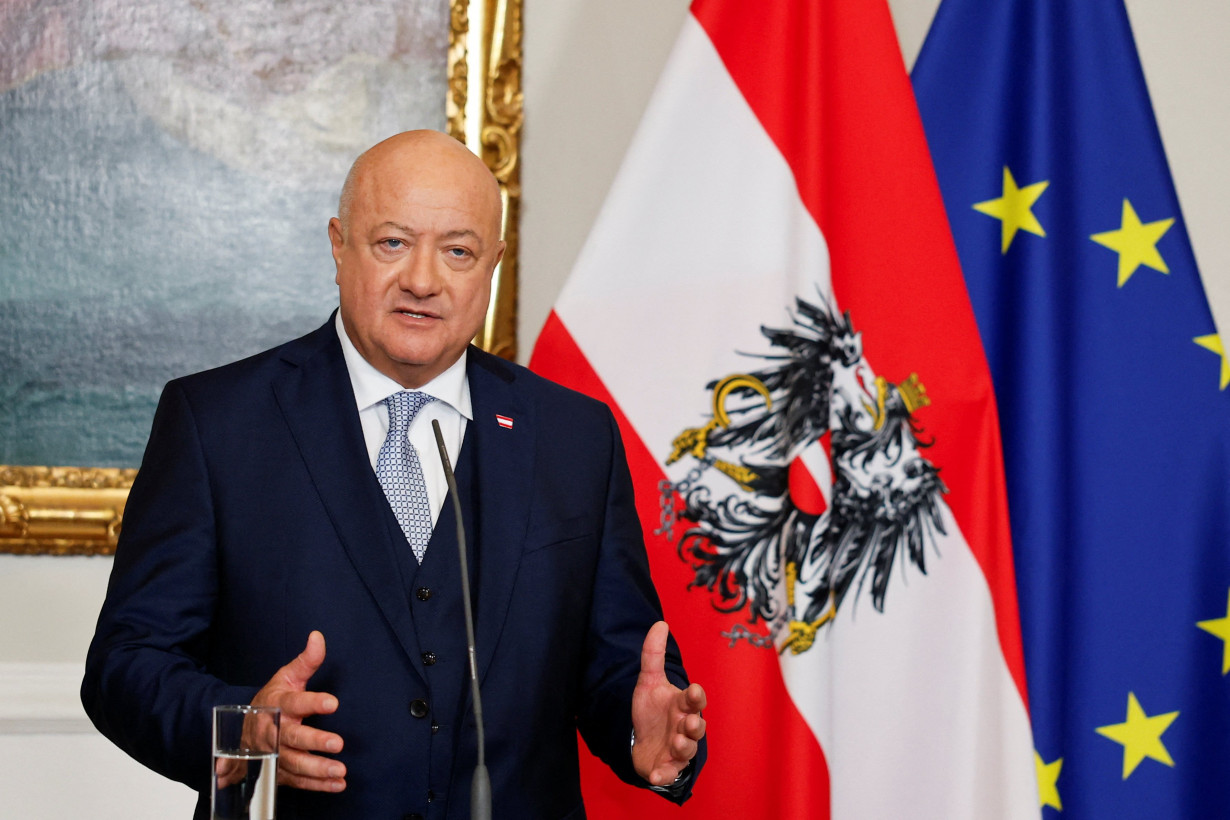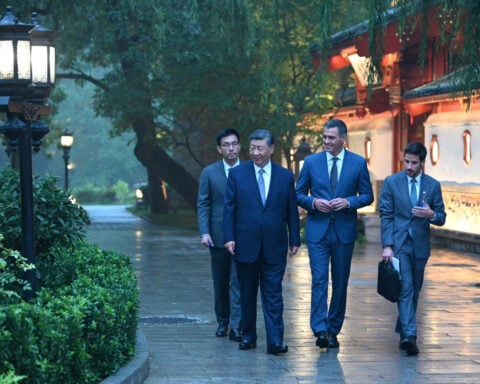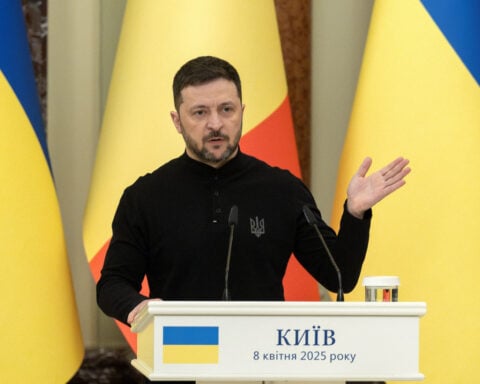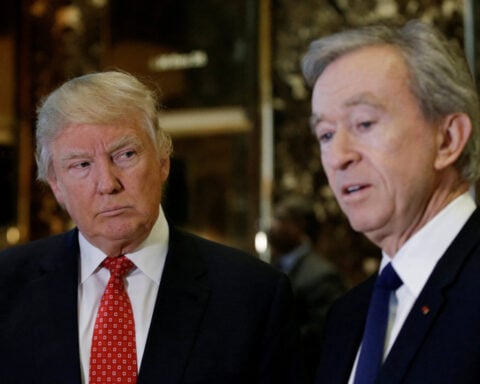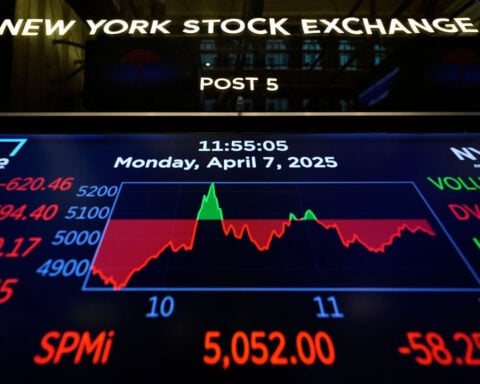By Francois Murphy
VIENNA (Reuters) - Just months before becoming chancellor of Austria on Monday, Christian Stocker was a party functionary with no ministerial experience, fast approaching retirement age and barely known outside the political bubble.
But five months of the most chaotic coalition talks in the country's postwar history, following an inconclusive election in September, have culminated in the low-key 64-year-old being sworn in as head of government.
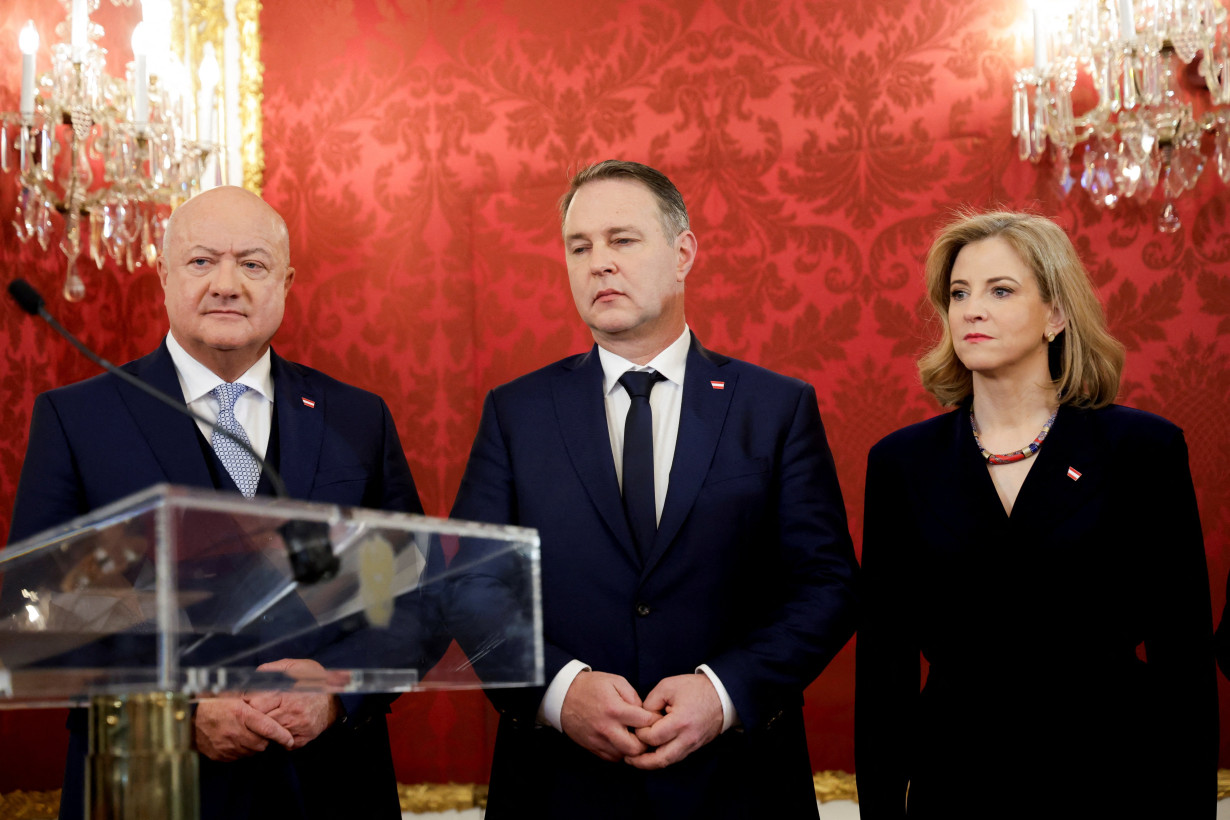
"The unknown (soon-to-be) chancellor," Austrian tabloid Kronen Zeitung headlined a recent profile of Stocker.
When first his conservative People's Party (OVP), then the far-right Freedom Party (FPO) bungled their chance to lead a government, Stocker was thrust into the driving seat, brokering a centrist coalition deal where his predecessor had failed.
A pragmatic, plain-speaking lawyer, Stocker has sought to keep increasingly right-leaning Austria firmly within the European Union and critical of Russia, unlike FPO leader Herbert Kickl, who now remains in opposition.
Stocker was a loyal lieutenant as OVP secretary-general to then party leader and chancellor Karl Nehammer, who quit in January after failing to craft a centrist coalition following the parliamentary election won by the FPO.
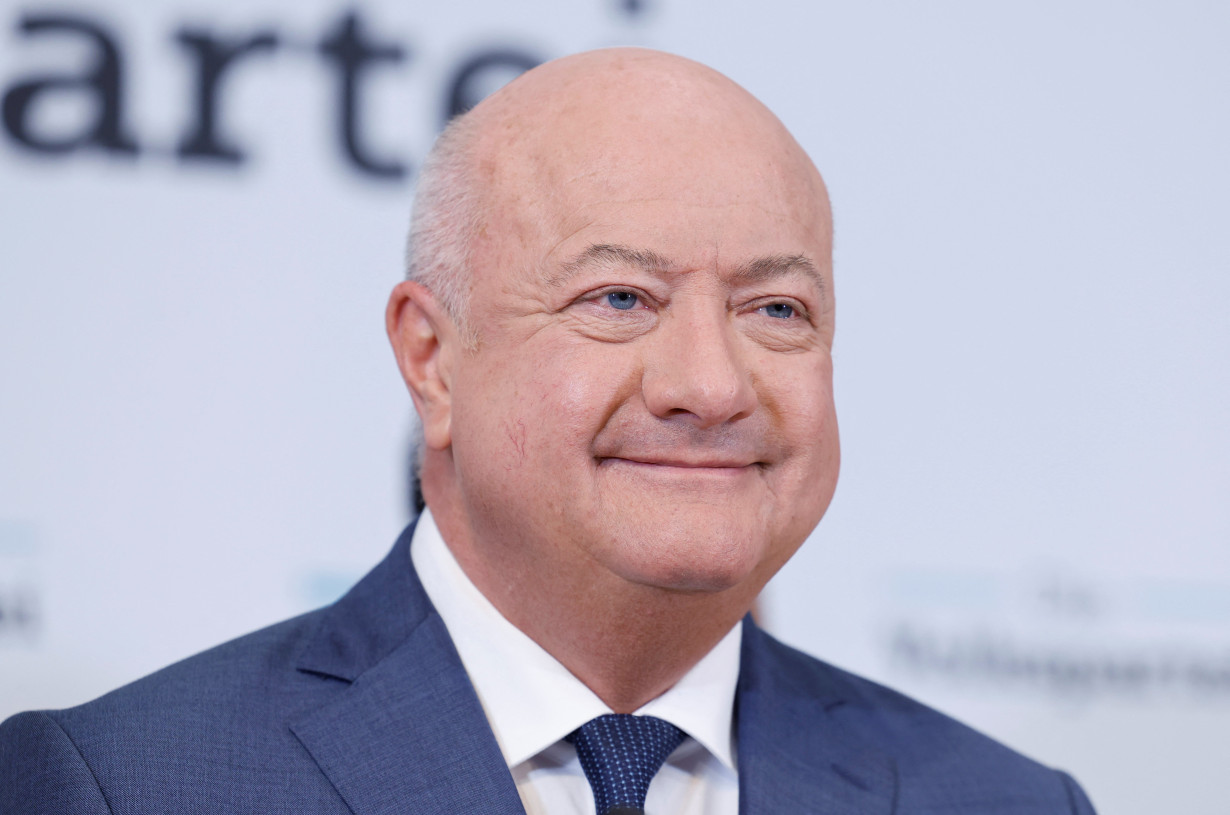
In disarray, and lacking anyone with star power since its then talisman Sebastian Kurz fell from power in 2021, the OVP appointed Stocker interim leader.
Over the ensuing month, Kickl's attempt to form a government with the OVP collapsed, leaving Stocker the last man standing, and giving Austria's chastened centrists another chance.
Last Thursday, Stocker and the leaders of the centre-left Social Democrats and liberal Neos seized it.
Stocker told Austrian newspaper Die Presse he thought he had no prospects of becoming OVP leader when Nehammer resigned.
"The day the decision was taken, I drove to Vienna in jeans and a roll-neck jumper," he said. "A few hours later, I had to ask for a suit and tie to be brought to me."
IMPERTURBABLE
The son of an electrician-turned-politician, Stocker cut his teeth in local politics in his provincial hometown and only entered parliament in 2019 when an OVP seat became vacant.
He now heads Austria's first three-party government since the late 1940s, and becomes the third successive OVP chancellor to enter office for the first time without having led the party into the election campaign.
That may be just as well, since the measured Stocker has few hallmarks of a natural campaigner. But he has shown resilience and an imperturbable manner.
"I wouldn't call him a vote-getter, but he's held things together through an incredibly difficult time for the People's Party," political analyst Thomas Hofer said.
Stocker takes the helm after two years of recession and concern over immigration helped the FPO win an Austrian parliamentary election for the first time.
His unprecedented coalition of parties struggling to hold off the FPO looks likely to be fragile, and friction between them ultimately sank Nehammer's bid to stay in power.
Helped by circumstances, Stocker has had more success balancing their competing interests so far.
His first task was to negotiate with the FPO, having spent months defending Nehammer's refusal to.
Even after those talks unravelled in acrimony, FPO boss Kickl praised Stocker - who had condemned the FPO's proximity to Russia - saying they had built a good working relationship.
Reinhard Heinisch, a political scientist at the University of Salzburg, said Stocker appeared more astute than Nehammer, and since his age made him unlikely to lead the OVP into the next election, he could focus on keeping the coalition afloat.
The next election is due by 2029.
"Expectations are generally low for Stocker," said Heinisch. "And that could be an advantage if he can play the role of the grizzled, caustic, savvy leader who knows how to run things and makes people feel secure."
(Reporting by Francois Murphy; Additional reporting by Dave Graham; Editing by Andrew Cawthorne)

 Trump has begun another trade war. Here's a timeline of how we got here
Trump has begun another trade war. Here's a timeline of how we got here
 Canada's leader laments lost friendship with US in town that sheltered stranded Americans after 9/11
Canada's leader laments lost friendship with US in town that sheltered stranded Americans after 9/11
 Chinese EV giant BYD's fourth-quarter profit leaps 73%
Chinese EV giant BYD's fourth-quarter profit leaps 73%
 You're an American in another land? Prepare to talk about the why and how of Trump 2.0
You're an American in another land? Prepare to talk about the why and how of Trump 2.0
 Chalk talk: Star power, top teams and No. 5 seeds headline the women's March Madness Sweet 16
Chalk talk: Star power, top teams and No. 5 seeds headline the women's March Madness Sweet 16
 Purdue returns to Sweet 16 with 76-62 win over McNeese in March Madness
Purdue returns to Sweet 16 with 76-62 win over McNeese in March Madness
